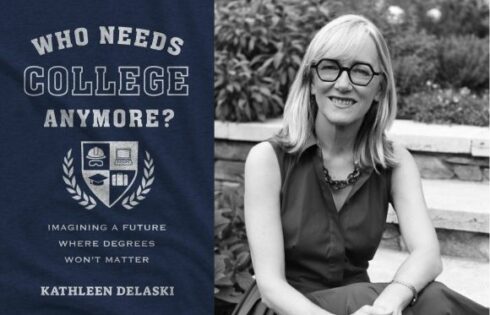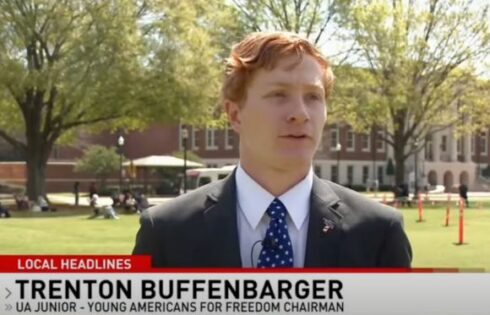
Economists have different views on feasibility of idea
Congress should tax university endowments more to help citizens get trained for “high demand,” jobs, two policy scholars say.
Stony Brook University Professor Mark Schneider and think tank president Jorge Klor de Alva helped draft the modest endowment tax included in President Donald Trump’s 2017 Tax Cuts and Jobs Act.
They want to go further now and apply a 1.39 percent tax rate to the $25 billion in endowment gains earned by the 37 richest universities, according to an opinion piece in The Hill.
The money would go to “‘Short-Term Pell’ grants that would be available to students who are enrolled in programs that offer between 150 and 600 hours of instruction in a high demand field of employment,” they wrote.
Schneider initially replied to a request for a phone interview but has not responded in the past week and a half.
Economists provided different opinions on the viability of the proposal.
“I do not see an endowment tax expansion as having much of an impact on labor markets. Even the author sees a maximum impact of only $300 million or so dollars per year,” Richard Vedder, professor emeritus of economics at Ohio University, told The College Fix via email.
“The notion that [a] relatively small sum (much less than 0.1 percent of what we spend on higher education) could meaningfully impact labor markets is not likely,” the economist said.
Vedder dislikes the Pell Grant idea, saying that “federal student aid programs generally have raised costs to students and funded a destructive collegiate administrative apparatus.”
However, he says if one does decide to use the grants, these should be extended to “non-degree forms of education” as learning is much broader than a normal 4-year college experience,” the senior fellow at the Independent Institute said.
Preston Cooper, an economist at the Foundation for Research on Equal Opportunity, is more open to the idea.
MORE: Gov’t should give more money to fill trade jobs, groups say
He said the grants “are a promising way to spend the money raised through an endowment tax.”
“Right now the federal government has its thumb on the scales in favor of traditional college degrees, which receive far more taxpayer money than workforce training programs,” Cooper said. “As a result, promising workforce training programs often can’t scale up. Short-Term Pell Grants could start to remedy that imbalance.”
Cooper wrote that the grants “probably won’t be transformational, but it would be a step in the right direction.”
“Moreover, the budgetary cost of Short-Term Pell understates its impact, as some students who might have used their Pell Grants on traditional degree programs might use them on workforce training instead,” Cooper said. “This would increase the amount spent on workforce training even if it doesn’t show up in the budget as an increase in costs.”
Schneider and De Alva, the proponents, see the measure having populist appeal.
“A growing number of Americans are fed up with universities, especially elite private ones,” the authors wrote. “This irritation has led some critics to raise questions about the size of the endowments of the richest universities and how leniently they are treated in the nation’s tax code.”
MORE: Marine mom’s advice – teach kids to ‘work harder’
IMAGE: Charnsitr/Shutterstock
Like The College Fix on Facebook / Follow us on Twitter






Please join the conversation about our stories on Facebook, Twitter, Instagram, Reddit, MeWe, Rumble, Gab, Minds and Gettr.